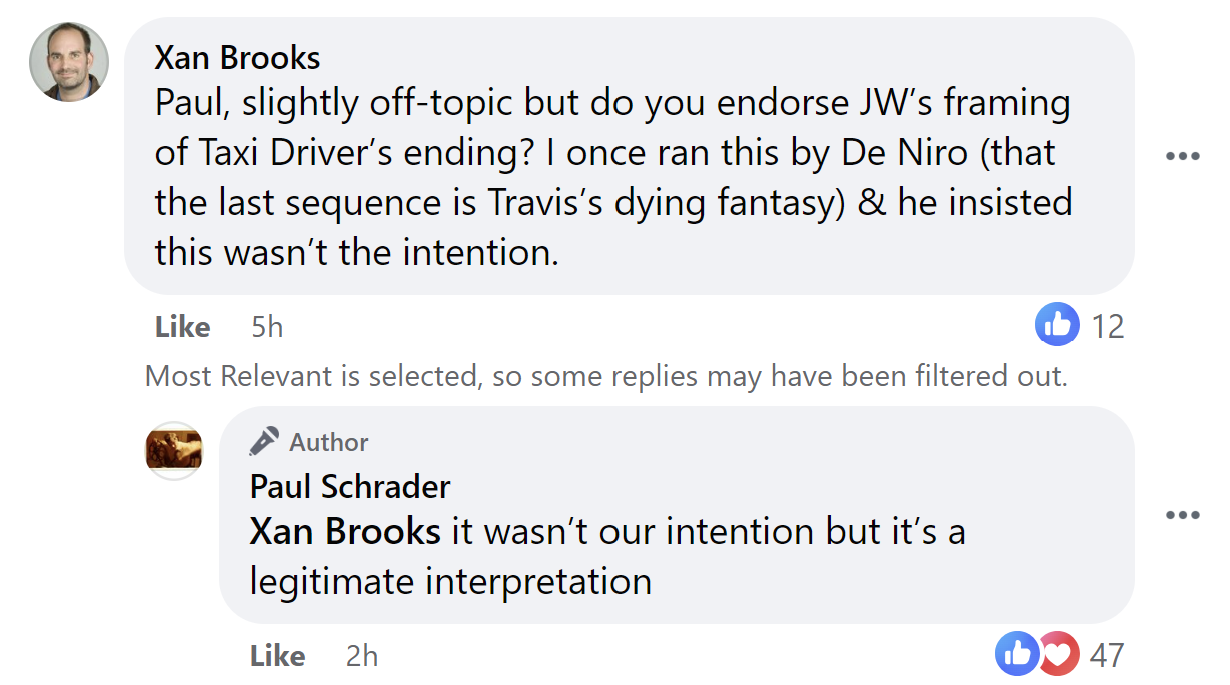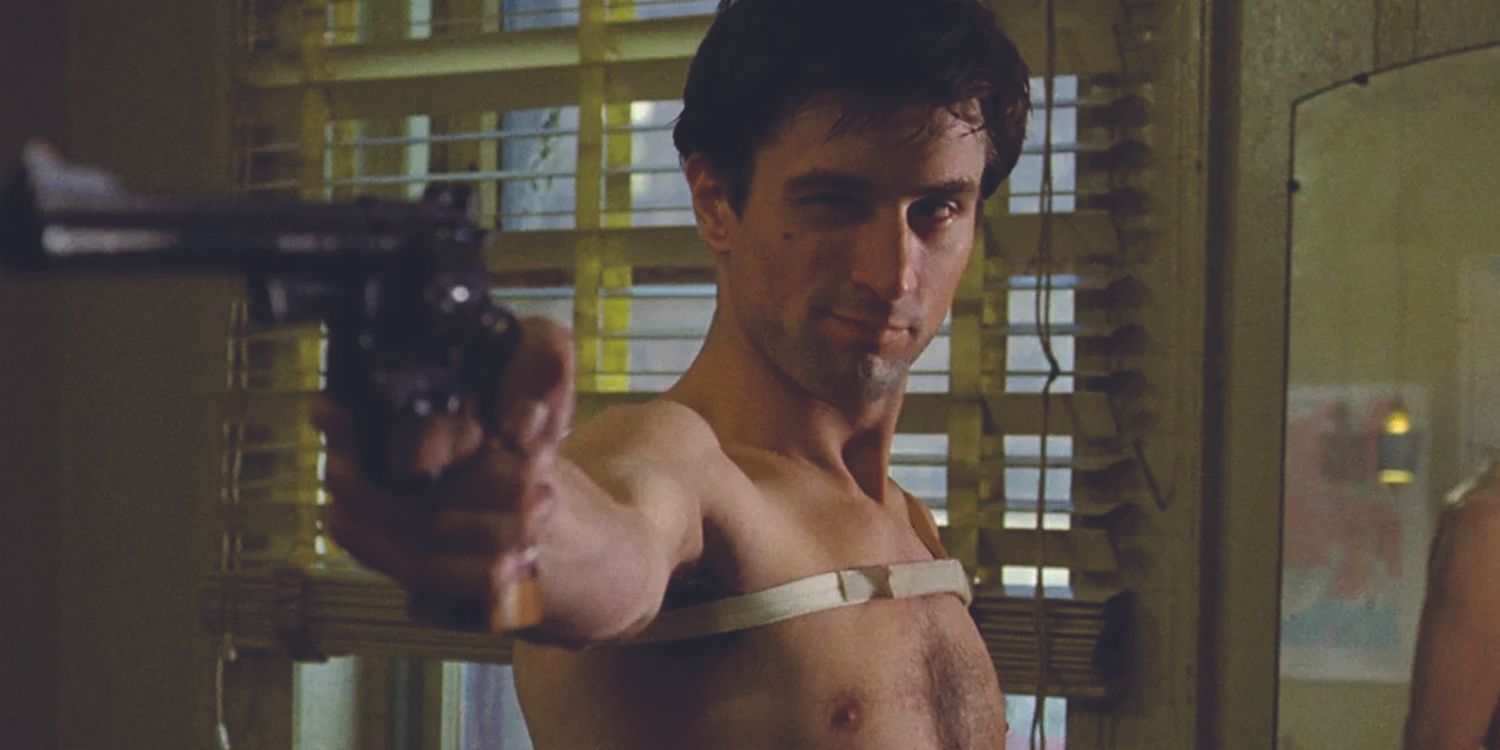
Unveiling the Shocking Truth: Taxi Driver Ending Exposed by Original Writer

Unveiling the enigmatic ending of Taxi Driver, the original writer addresses the widely debated theory surrounding Travis Bickle's fate and the significance it holds Discover the unforgettable conclusion that lingers in our minds
Summary
Speculation about the ending of Taxi Driver suggests that Travis Bickle, portrayed by Robert De Niro, succumbs to his injuries, envisioning the subsequent scenes of the film within his own imagination.
Paul Schrader, the film's screenwriter, states that although it was not his intention for the ending to be perceived as happening inside Bickle's imagination, it is still a valid interpretation.
Taxi Driver continues to be a remarkable film, remaining in the minds of many even after several decades, primarily because of its incredibly violent conclusion, its exploration of psychological themes, and the outstanding performance delivered by De Niro.
Taxi Driver screenwriter Paul Schrader provides insight on a theory surrounding the film's ending and Travis Bickle's potential demise. The 1976 film, directed by Martin Scorsese, is highly regarded as one of the director's best works. Robert De Niro notably portrays Bickle, a mentally unstable war veteran with increasingly violent tendencies. The climax of the film features a gruesome shootout, in which Bickle sustains injuries but ultimately survives and achieves a somewhat positive outcome.
In a recent response on Twitter, Schrader addresses the speculation surrounding the ending of Taxi Driver. There is a popular theory, resurfaced due to reports of De Niro reprising his role for an Uber advertisement, which suggests that Bickle dies in the climactic shootout and that the final scenes of the film exist solely in his imagination. Schrader now clarifies that this is not his intended interpretation of the ending. Refer to the screenshot of Schrader's post below for further details.
"It wasn't our intention but it's a legitimate interpretation," writes Schrader, affirming that there's nothing wrong with believing that Bickle does indeed die.
Why Taxi Driver's Ending Is So Memorable
The conclusion of Taxi Driver is unexpectedly brutal. In a brave attempt to save Iris, a young prostitute, Bickle enters the brothel where she is being exploited. In the process, he confronts and kills her pimp and one of her clients, all while enduring multiple gunshot wounds. Not stopping there, he also eliminates the establishment's bouncer before turning the gun on himself. However, Bickle realizes he is out of ammunition, leading to the iconic image of him mimicking a gun with his finger against his temple.
Taxi Driver is a film that slowly builds up tension, and its conclusion represents the culmination of Bickle's most disturbing thoughts and desires. The movie effectively immerses the audience in Bickle's mind, blurring the lines between reality and his imagination. This aspect is essential to the timeless appeal of Taxi Driver, as each subsequent viewing unveils new intricacies and interpretations.
The ending of Taxi Driver may not have been intentionally set in Bickle's mind according to Schrader, but it can certainly be viewed as a valid interpretation. The ability to interpret a film in various ways contributes to its enduring impact on the public, which is undoubtedly one of the reasons why Scorsese's 1976 masterpiece remains among his finest accomplishments.









